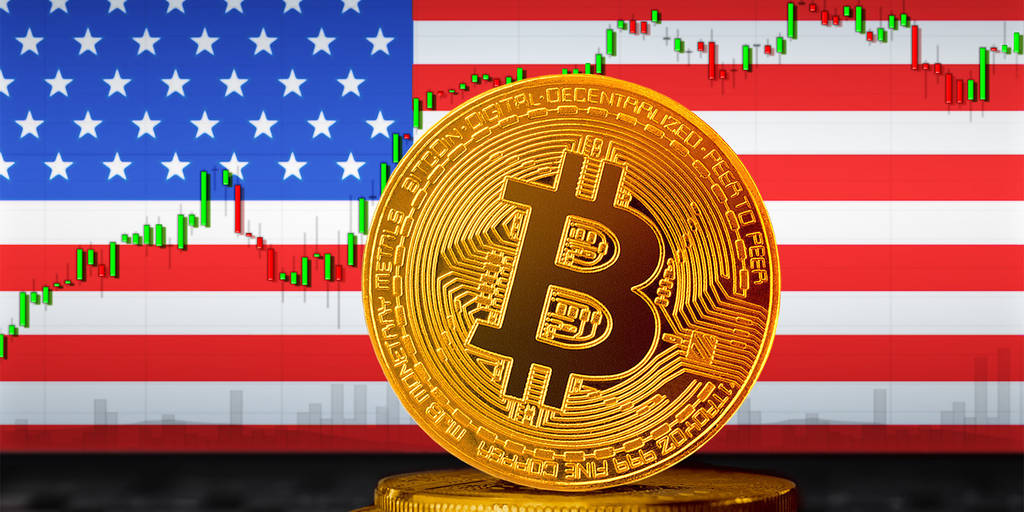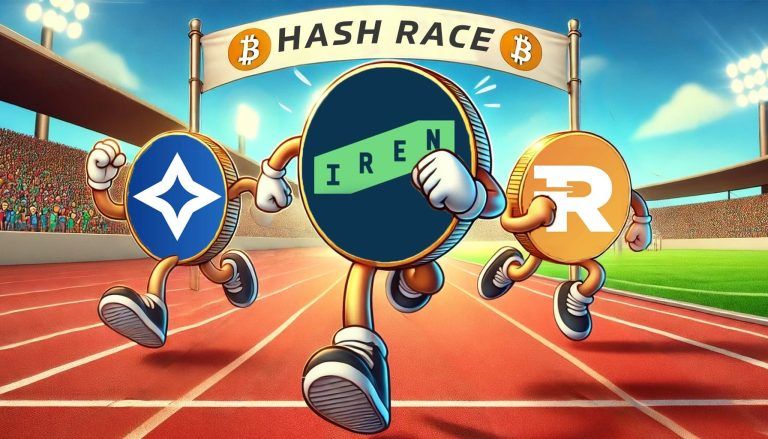Ampleforth is launching its algorithmic unit of account on the Ethereum competitor Avalanche.
“With the changing regulatory landscape and uncertainty around what the verdict around stablecoins will be, it’s important for DeFi to have a financial building block that’s decentralized, uncensorable and have some aspect of price predictability or stability,” said Evan Kuo, CEO of Fragments, Inc., the development company behind the Ampleforth Protocol.
The Ampleforth Protocol adjusts total supply daily by transferring volatility from price to supply, and the protocol’s supply policy does not rely on traditional banks or lenders.
Ampleforth adjusts its total supply through a mechanism called rebasing. Holders of the AMPL token will either have their tokens burned if the price of AMPL falls below $1, or holders will receive more AMPL tokens if the price exceeds $1.
The rebasing events have, however, been extremely volatile, marred by many double-digit rises and falls. At press time, for example, the token is trading at $1.62.
“It is ironic that the DeFi ecosystem currently relies so heavily on centralized stablecoins for liquidity and lending collateral,” Kuo added.
Avalanche, in contrast, is a layer one blockchain that offers Ethereum Virtual Machine (EVM) compatibility.
Since August, the DeFi ecosystem built on Avalanche’s blockchain has grown to heights of over $8 billion total value locked (TVL) in. What’s more, this is composed of more than 40 decentralized exchanges and protocols.
'DeFi Will End Poorly' Without Protections: SEC Chair Gary GenslerIn fact, Avalanche has seen approximately 8% of the DeFi industry’s current TVL, which, per DeFi Pulse, is up to approximately $105 billion.
DeFi under fireThe DeFi industry has grown to new highs over the last year, but that progress has not come without regulatory scrutiny.
Earlier this summer, SEC Chair Gary Gensler said that many DeFi platforms could be hosting unregistered securities, adding that these platforms “not only can implicate the securities laws—some platforms also can implicate the commodities and the banking laws.”
Just yesterday, Gensler doubled down, saying that DeFi will end poorly if robust investor protections are not put into place. With that, he echoes some of the warnings made by Senator Elizabeth Warren (D-MA), one of the most prominent senators in American politics today.
















